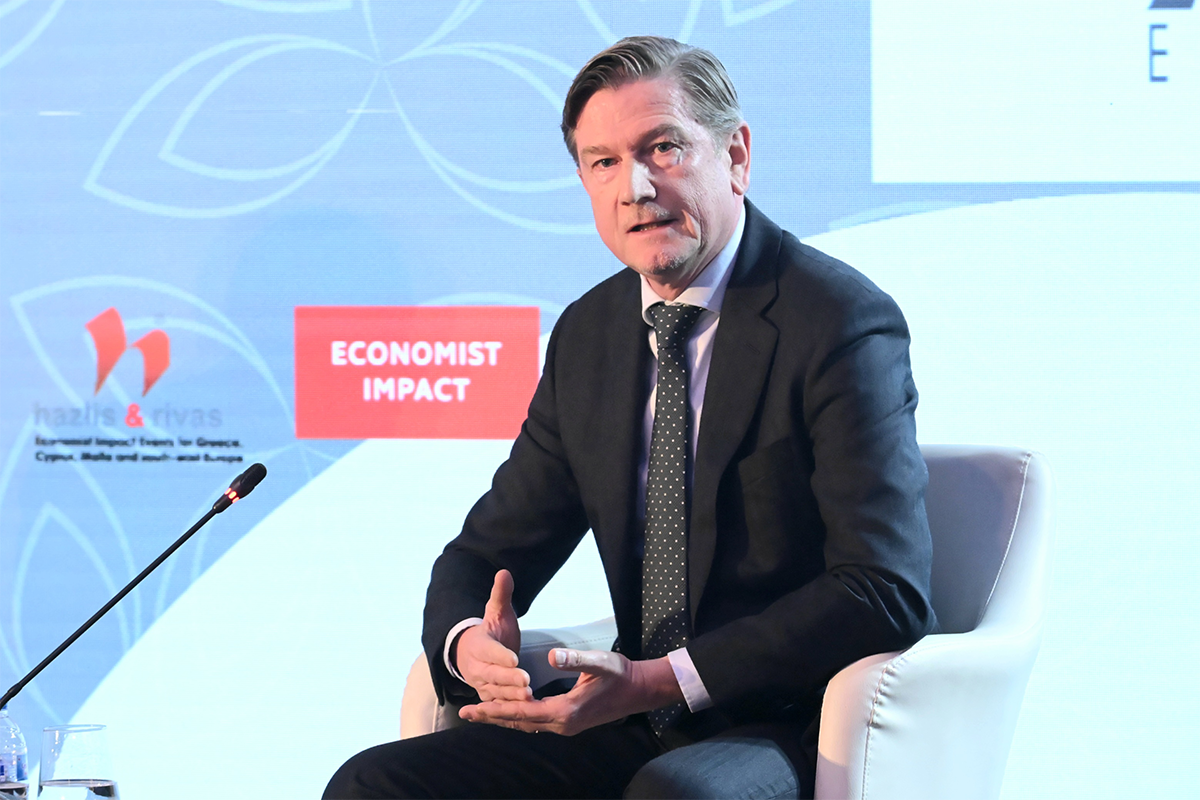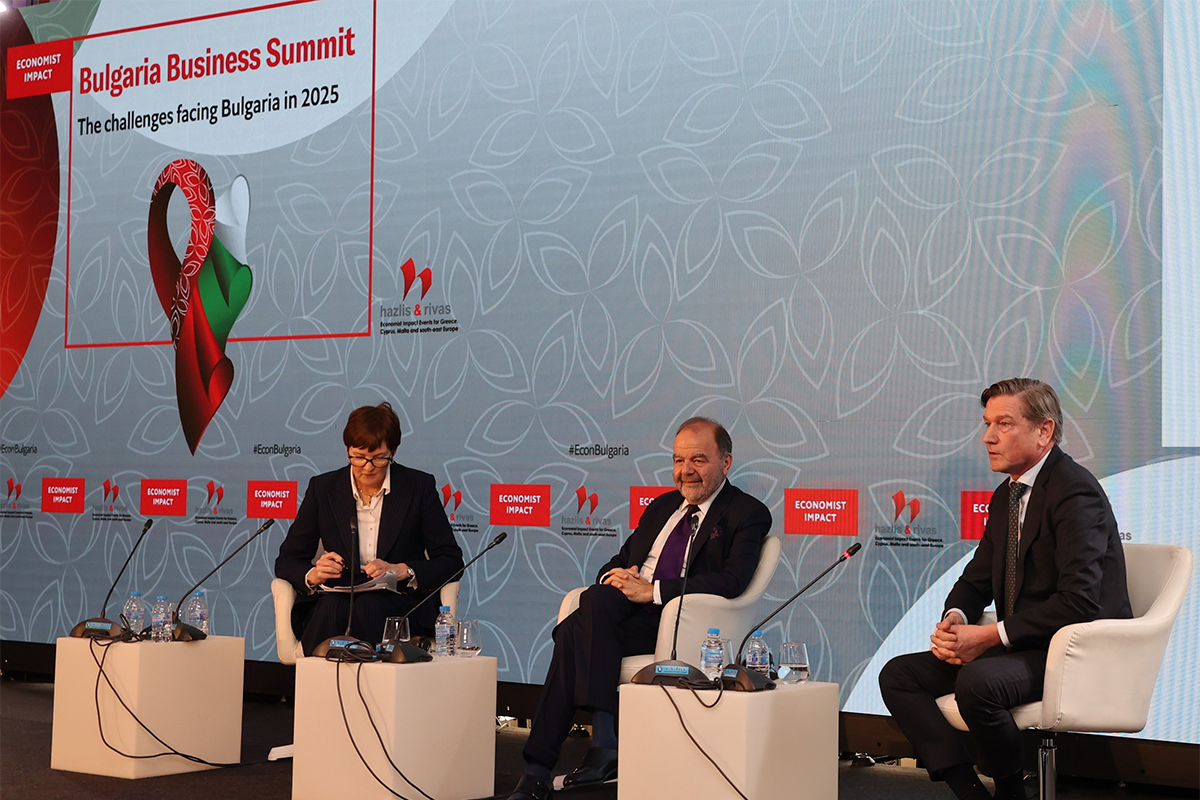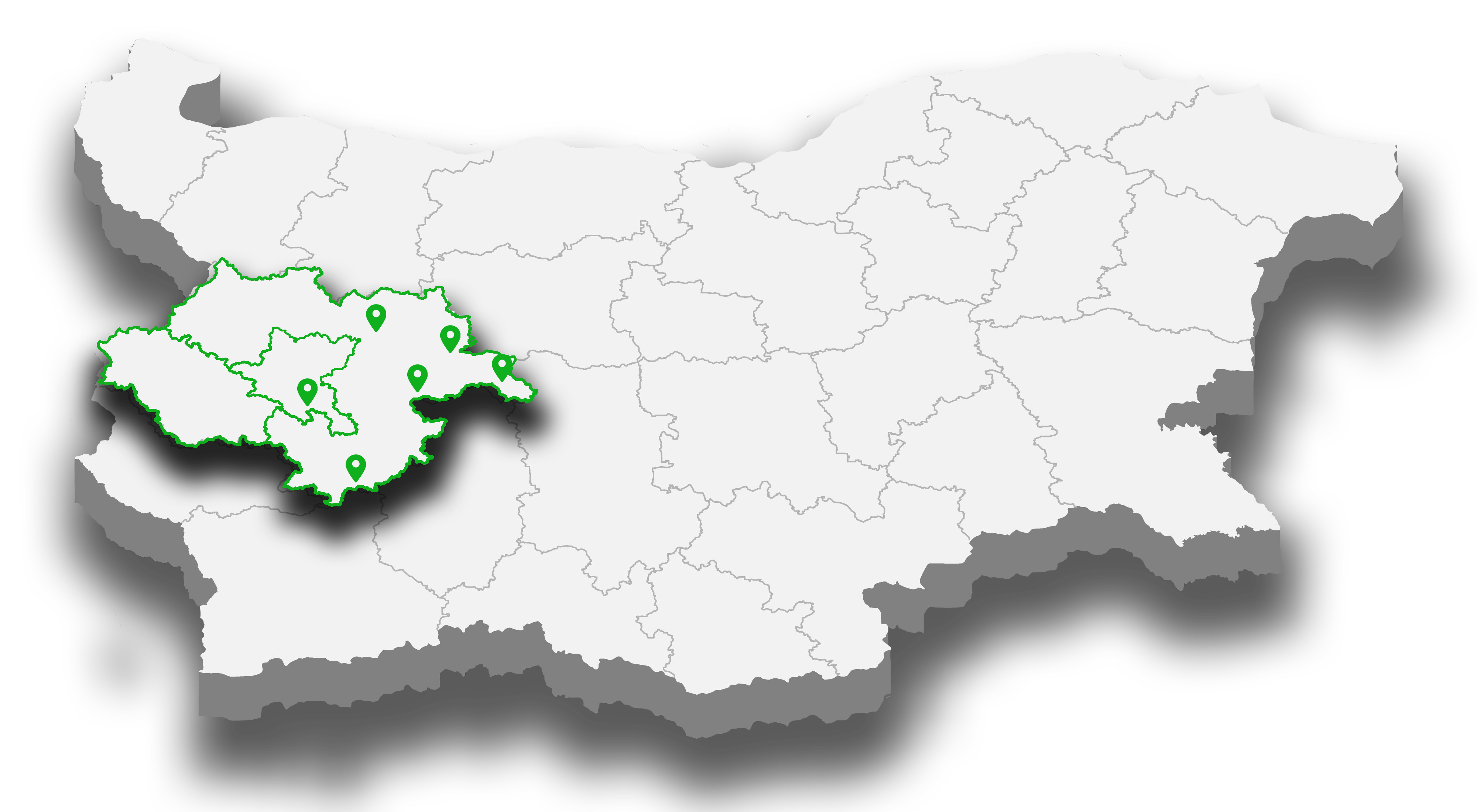

Dominic Hamers: We need a long-term vision for the development of the mining industry in Bulgaria
Mr Dominic Hamers, Executive Director of Geotechmin OOD, participated in the panel Reshaping Bulgaria’s Business Landscape Through Transformative Investment at the Economist Bulgaria Business Summit held in Sofia. During his presentation, Mr Hamers emphasised the importance of the mining industry for Bulgaria and the EU, the vital role of copper as a strategic raw material, and the challenges facing the industry in Bulgaria.
‘In Bulgaria, the mining industry contributes 4-5% to the national GDP, directly employing nearly 20,000 people and indirectly supporting another 120,000 jobs in related industries. Apart from copper, Bulgaria is home to valuable reserves of gold, lead-zinc ores, gypsum, limestone, and many others, making it significant in many industrial supply chains,’ said Mr Dominic Hamers.
Bulgaria ranks as the third-largest copper producer in the EU, following Poland and Sweden. Copper extraction forms the foundation of the copper value chain in Bulgaria, supporting all other stages, including smelting, refining, and wire production, which are also located within the country. Thus, copper mining companies play a critical role in Bulgaria’s export revenues, tax income, and overall socio-economic development.
Mr Hamers added that the global copper demand is expected to grow by 3-4% annually due to electrification and clean energy technologies. ‘The European Union has identified copper as a strategic raw material under the Critical Raw Materials Act. Therefore, I firmly believe that Bulgaria, as the third largest copper producer in the EU, has a unique opportunity to align its strategies with this vision and strengthen its position,’ he said.
Furthermore, Mr Dominic Hamers highlighted the challenges faced by Bulgarian miners, particularly those in the metal mining sector.
First, the mineral structure of Bulgarian copper deposits is typically characterized by very low metal content in the ore. This means that to extract the same amount of copper, Bulgarian mining companies face higher costs compared to mines with high metal content in the ore found in other countries.
Second, a comparison of electricity costs among the top five copper-producing countries in the EU shows that Bulgaria has the highest electricity costs, considerably exceeding those in other EU countries.
What are the opportunities?
‘The first option for the new government is to extend the existing concessions where feasible. It is essential for the state to decide on extending the current concessions and to safeguard the value that the copper companies contribute to the Bulgarian economy and the nation. Secondly, Bulgaria must have a strategy to identify and develop new sources of critical raw materials. How will it achieve this? How is it going to ensure the long-term development of the Bulgarian mining industry?’ asked the Executive Director of Geotechmin.
Regarding the proposal to introduce additional taxes on mining companies along with concession fees in the draft Budget 2025, his position was that these measures would not only hinder companies from pursuing their investment plans but also negatively impact employment and limit the ability of mining companies to continue supporting local communities.
‘In my view, we need to adopt a long-term vision. Although I understand that the Budget 2025 is urgent and important, I think we should avoid any one-time measures that could seriously affect the mining industry and the copper production chain,’ summarised Mr Dominic Hamers.




